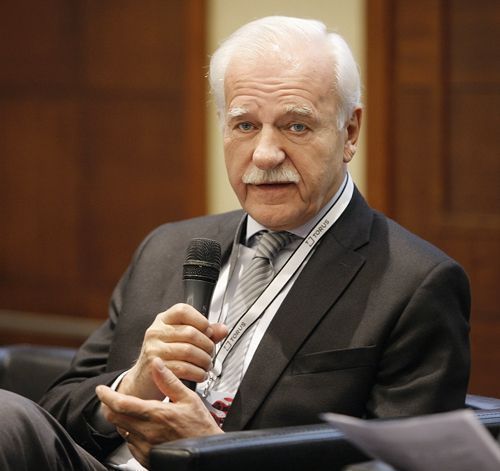Andrzej Olechowski, economist and politician:Looking into the issue into the long term you first need to recognise that the management model in Poland and people’s approach to the economy have changed. Over the last two decades we’ve had an in-between model, something between the European and the American approach – in order to survive you needed to get qualifications and work efficiently, much more than abroad. This is the model that has to be adopted by any country working its way up. Now, however, there is more opportunity for a certain slackness to set in. We are shifting to the model of a prosperous European country, but we have not yet reached a sufficient level of development. This can already be seen on the job market. We have ‘negative’ demographic growth. We need to compensate for this by increasing the employment of women, because men are already quite active on the job market. However, nothing is being done in order to address this – on the contrary, women are a





























































